Conclavoscope - Cardinal Matteo Maria Zuppi
Cardinal Profile and Assessment
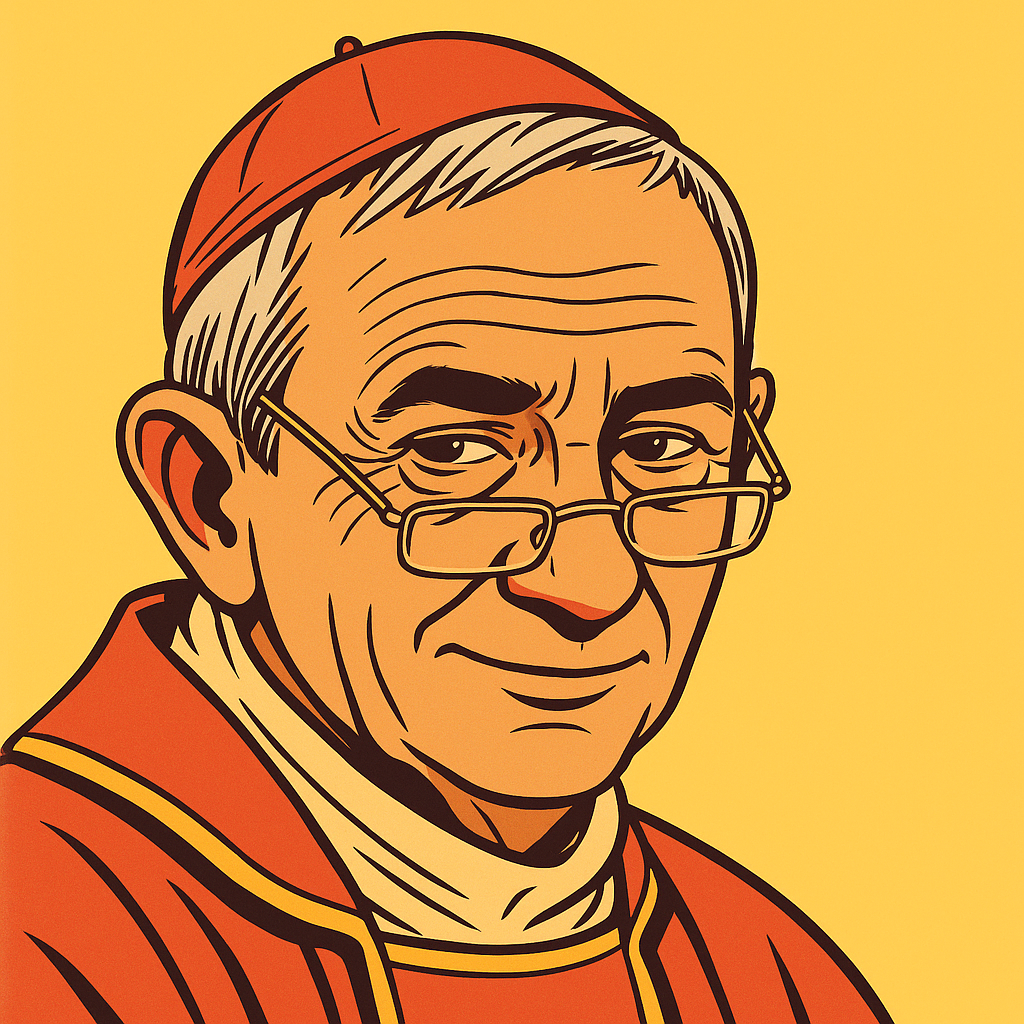
Italian cardinal, Archbishop of Bologna, president of the Italian Episcopal Conference, known for his social commitment and accessible pastoral style, close to Pope Francis' vision.
| Criterion | Tendency |
|---|---|
| Moral doctrine | Progressive |
| Liturgy | Centrist |
| Sociopolitical | Progressive |
| Relationship with Pope Francis | Very progressive |
| Dialogue | Very progressive |
| Communication | Progressive |
| Overall tendency | Progressive |
Born in Rome on October 11, 1955, Matteo Maria Zuppi is the fifth of six children from a family deeply rooted in the Catholic Church. His father was a journalist at L'Osservatore Romano and his mother was the niece of Cardinal Carlo Confalonieri, former Dean of the College of Cardinals. He was ordained a priest in 1981 after studies in theology at the Pontificia Università Lateranense and in literature at La Sapienza University in Rome.
Zuppi served for 19 years as vicar and then parish priest of the basilica of Santa Maria in Trastevere, a nerve center of the Community of Sant'Egidio, a lay movement engaged in interreligious dialogue and peace mediation. He played a key role in the negotiations leading to the Rome Peace Accords in 1992, ending the civil war in Mozambique.
In 2012, he was appointed auxiliary bishop of Rome by Benedict XVI, then Archbishop of Bologna in 2015 by Pope Francis. The latter created him cardinal in 2019 and appointed him president of the Italian Episcopal Conference in 2022.
In 2023, Pope Francis designated him as a special envoy for peace in Ukraine, a mission that led him to meet with officials in Kyiv, Moscow, and Washington to promote humanitarian solutions and diplomatic dialogue.
Zuppi is considered a progressive cardinal, aligned with Pope Francis's priorities: attention to the poor, interreligious dialogue, integral ecology, and pastoral openness. He supports a synodal and inclusive Church, while respecting doctrinal tradition.
As a major figure in the Italian Church and close to Pope Francis, Zuppi has a solid network among the cardinals appointed by the latter. His influence also extends through his international engagements and his role in diplomatic missions.
Cardinal Zuppi has demonstrated a progressive approach to moral doctrine. He has shown openness to LGBT individuals within the Church, contributing to the Italian translation of Fr. James Martin's 'Building a Bridge', which advocates for greater inclusion of LGBT Catholics. Additionally, he has emphasized the need for a legal system that guarantees protection and welcome for all, reflecting a compassionate stance on contemporary moral issues.
Cardinal Zuppi maintains a balanced approach to liturgy and tradition. While he has presided over Vespers for the Traditional Latin Mass pilgrimage, he clarified that his participation should not be interpreted as a specific endorsement of the Tridentine Mass, indicating a respect for tradition without a strong alignment to traditionalist movements.
Cardinal Zuppi is deeply engaged in sociopolitical issues, advocating for the poor, migrants, and marginalized communities. His involvement with the Sant'Egidio Community and his role as Pope Francis's special envoy for peace in Ukraine highlight his commitment to social justice and humanitarian efforts.
Cardinal Zuppi is considered a close ally of Pope Francis, sharing his vision for a more inclusive and compassionate Church. His appointment as president of the Italian Episcopal Conference and his role in diplomatic missions reflect a strong alignment with the Pope's pastoral priorities.
Cardinal Zuppi actively promotes interreligious dialogue. He has led interfaith prayer services involving Catholic and Muslim communities and has emphasized the importance of building friendships across religious divides, reflecting his commitment to fostering mutual understanding.
Known for his approachable and humble demeanor, Cardinal Zuppi emphasizes listening and pastoral care in his communication. His efforts to renew adult faith formation and his engagement with various communities demonstrate a modern and empathetic pastoral style.
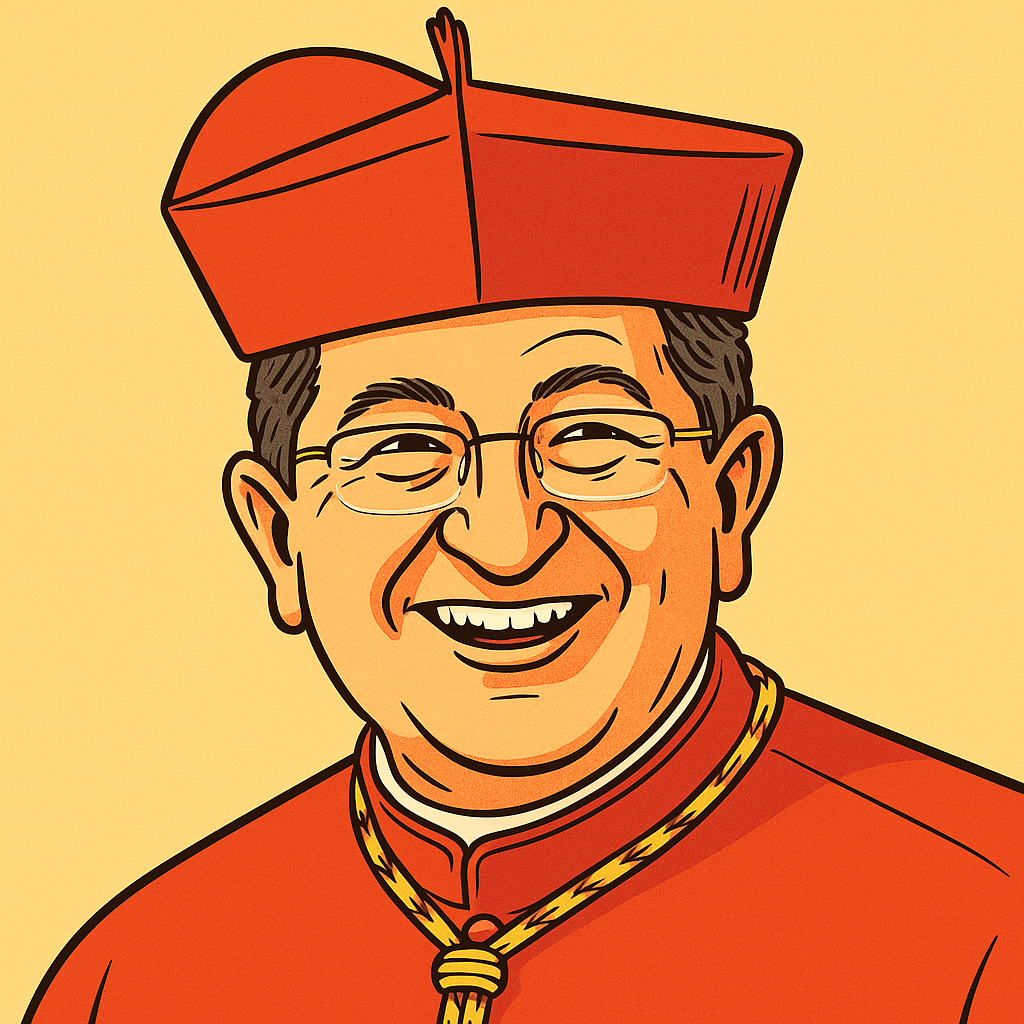
Italian cardinal, Archbishop of Florence, known for his conservative doctrinal positions and intellectual work, while remaining engaged in pastoral dialogue.
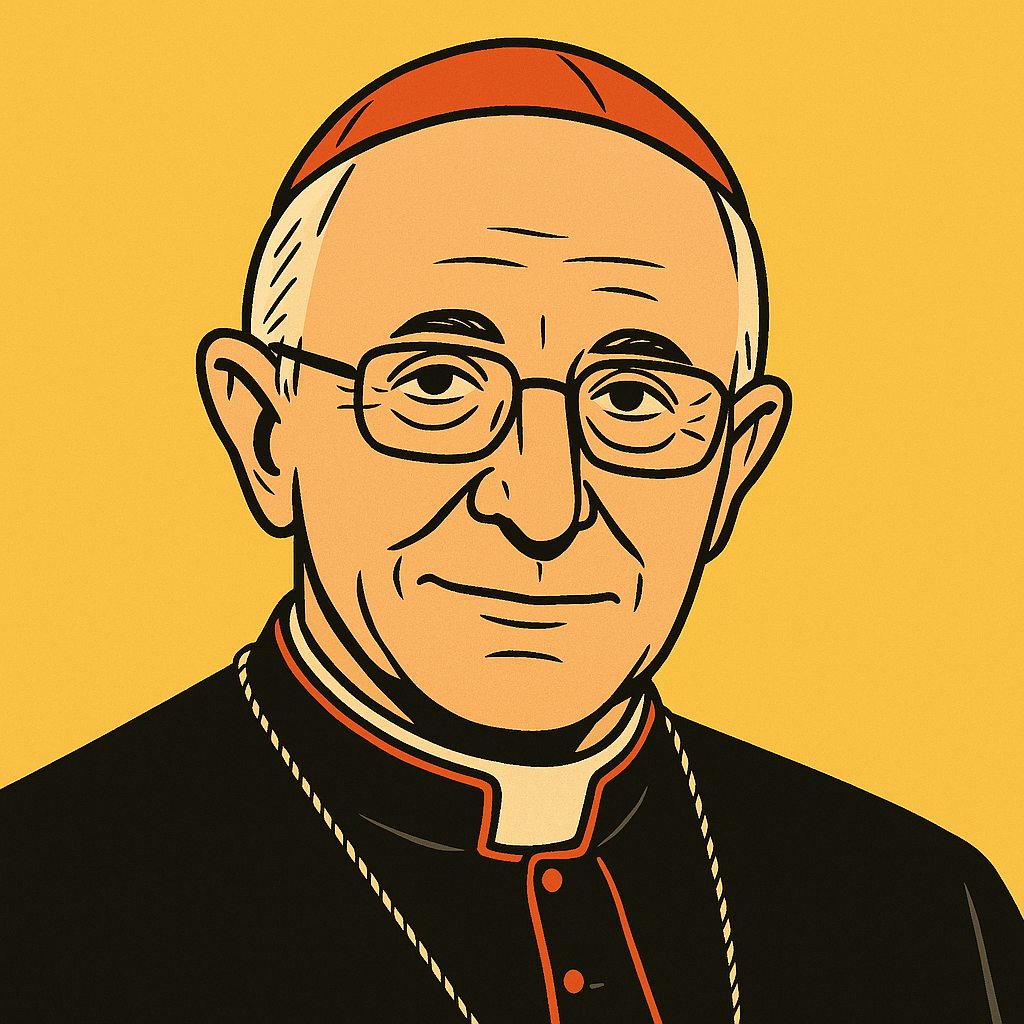
Italian cardinal, Grand Master of the Order of the Holy Sepulchre, former prefect of the Congregation for the Evangelization of Peoples, known for his missionary and diplomatic experience.
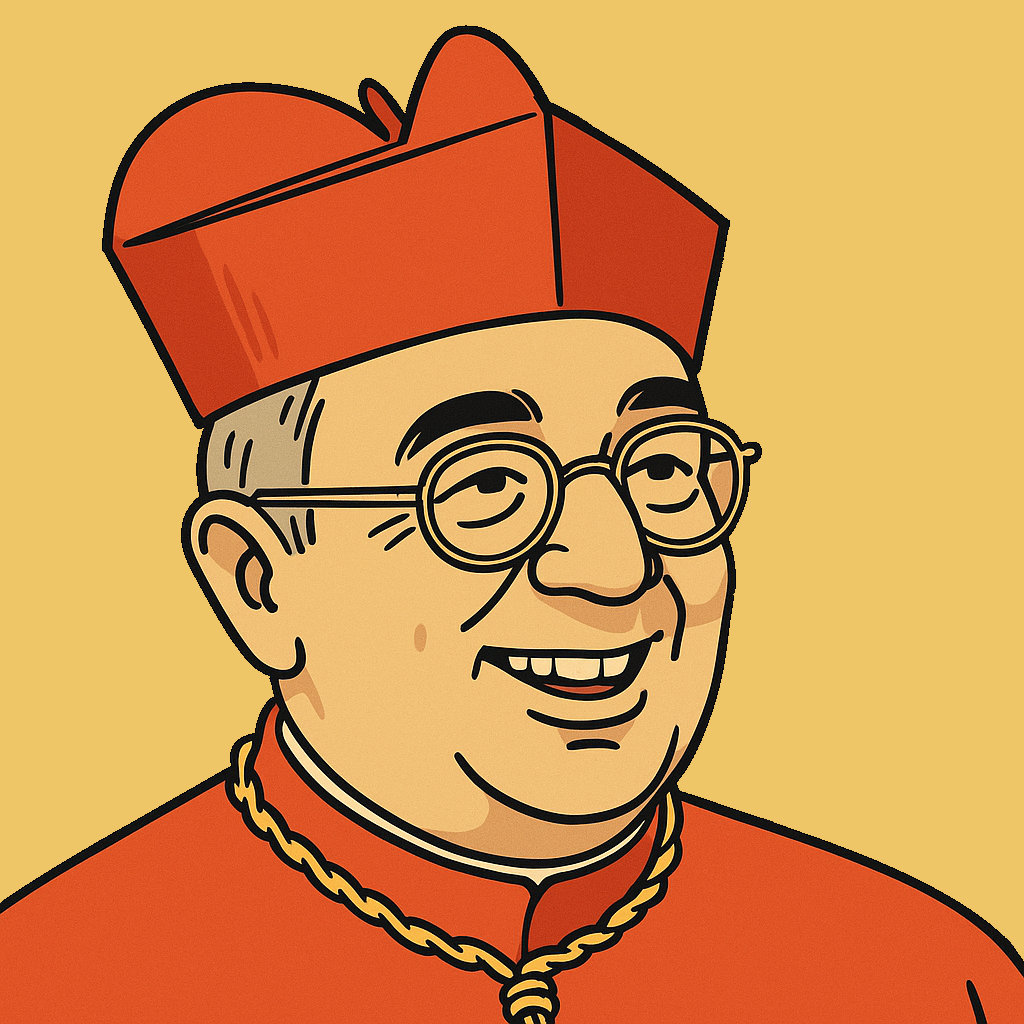
Italian cardinal, former vicar general of the pope for the diocese of Rome, known for his balance between liturgical tradition and moderate pastoral openness.
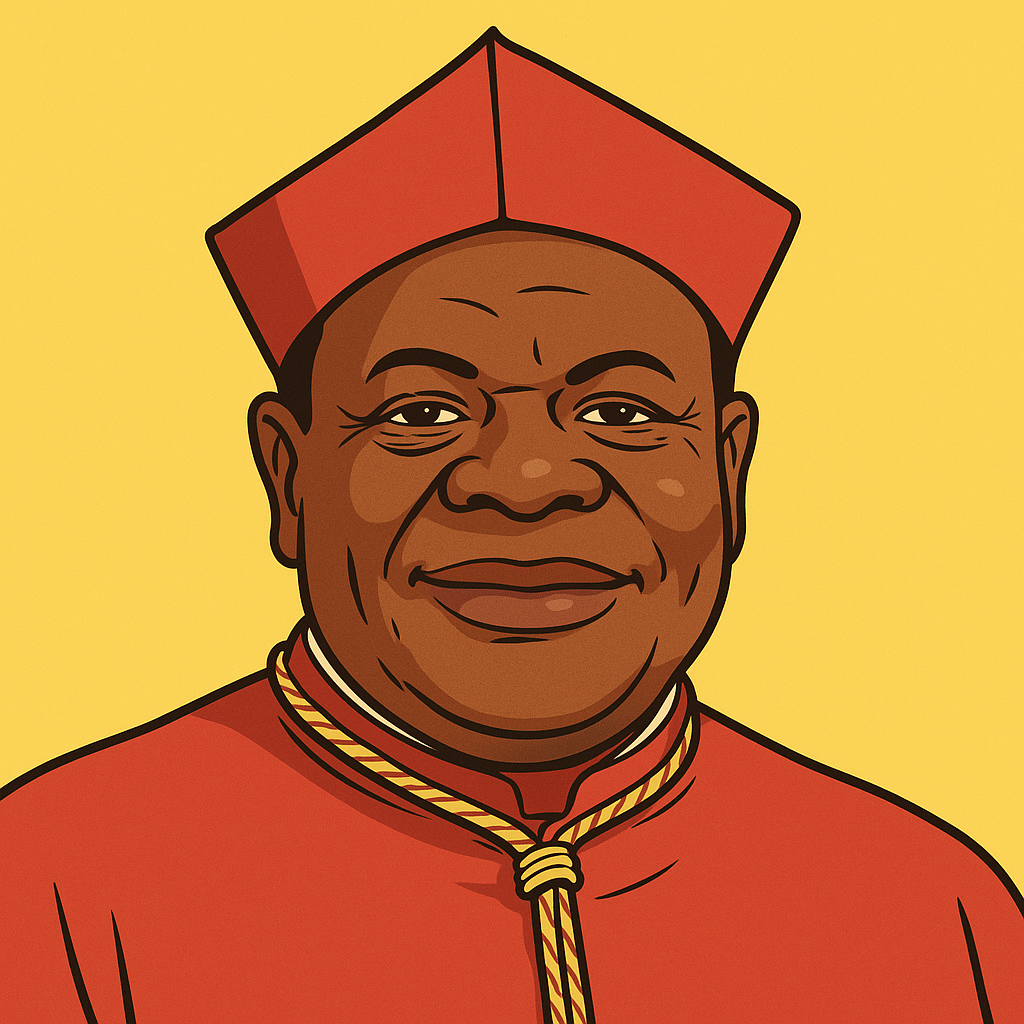
Democratic Republic of the Congo
Congolese cardinal, Archbishop of Kinshasa, known for his commitment to social justice and human rights defense, while maintaining a traditional doctrinal position.
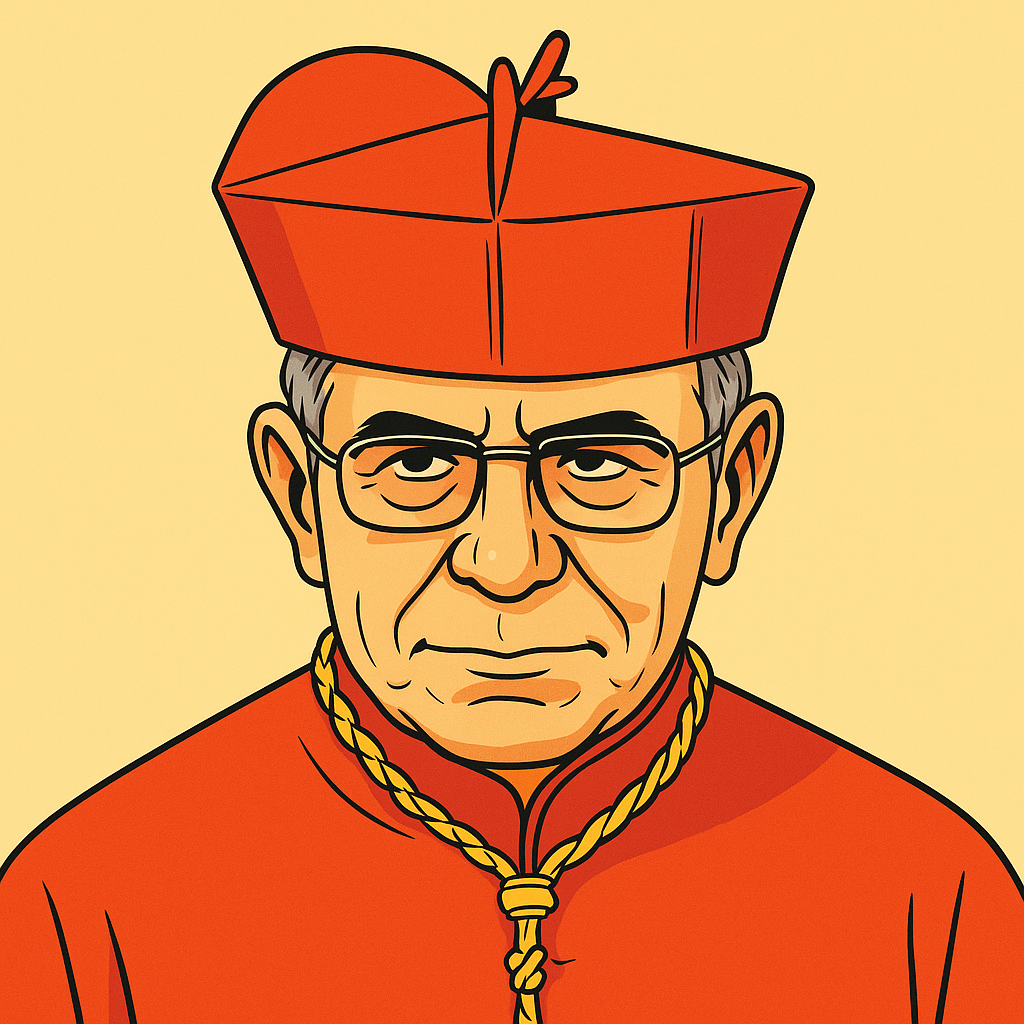
Cuba
Cuban cardinal, Archbishop of Havana, known for his balance between respect for local authorities and defense of the Church's mission in a complex political context.
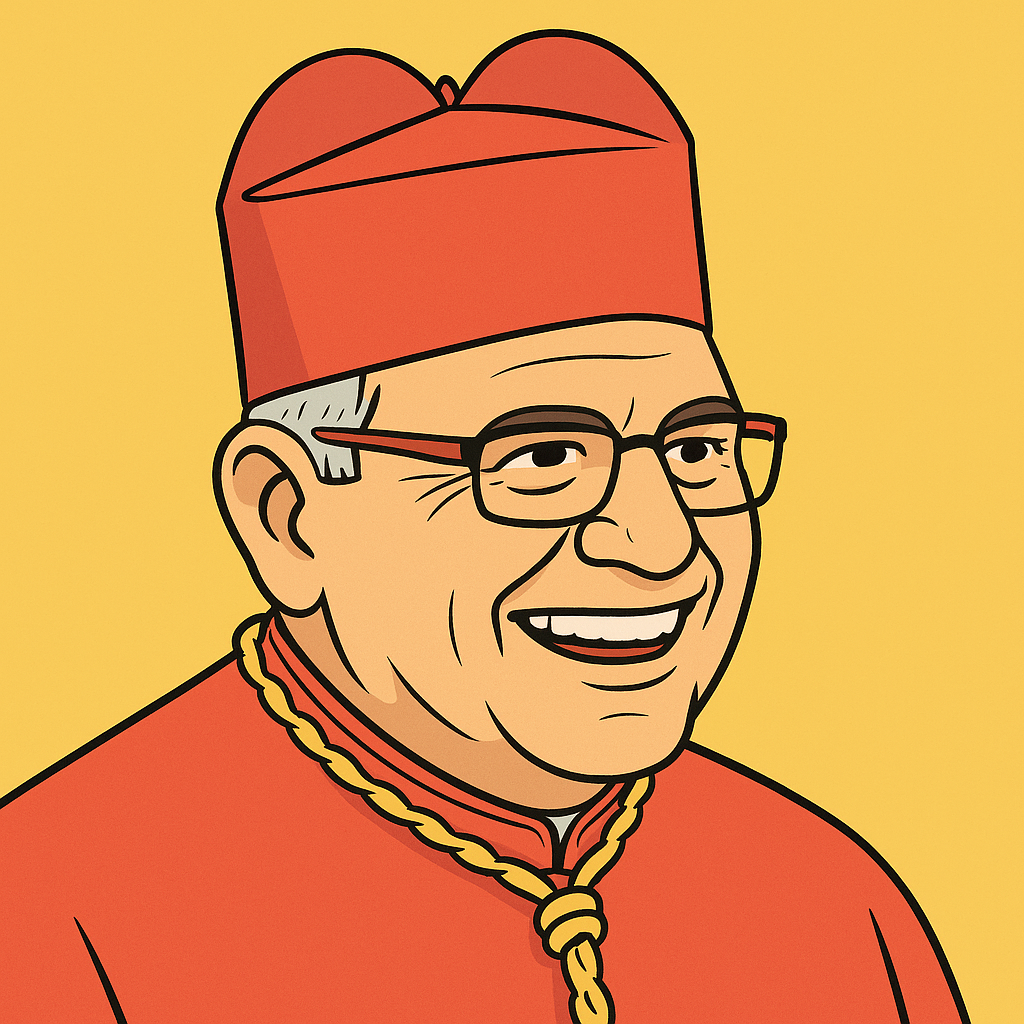
Guatemala
Guatemalan cardinal recognized for his work with indigenous communities and commitment to social justice, while maintaining a conservative position on doctrinal issues.
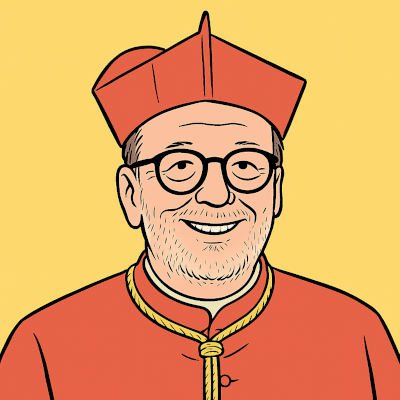
Italy
age: 70
Italian cardinal, former apostolic nuncio, known for his diplomatic expertise and knowledge of Eastern Churches, combining liturgical tradition and openness to dialogue.
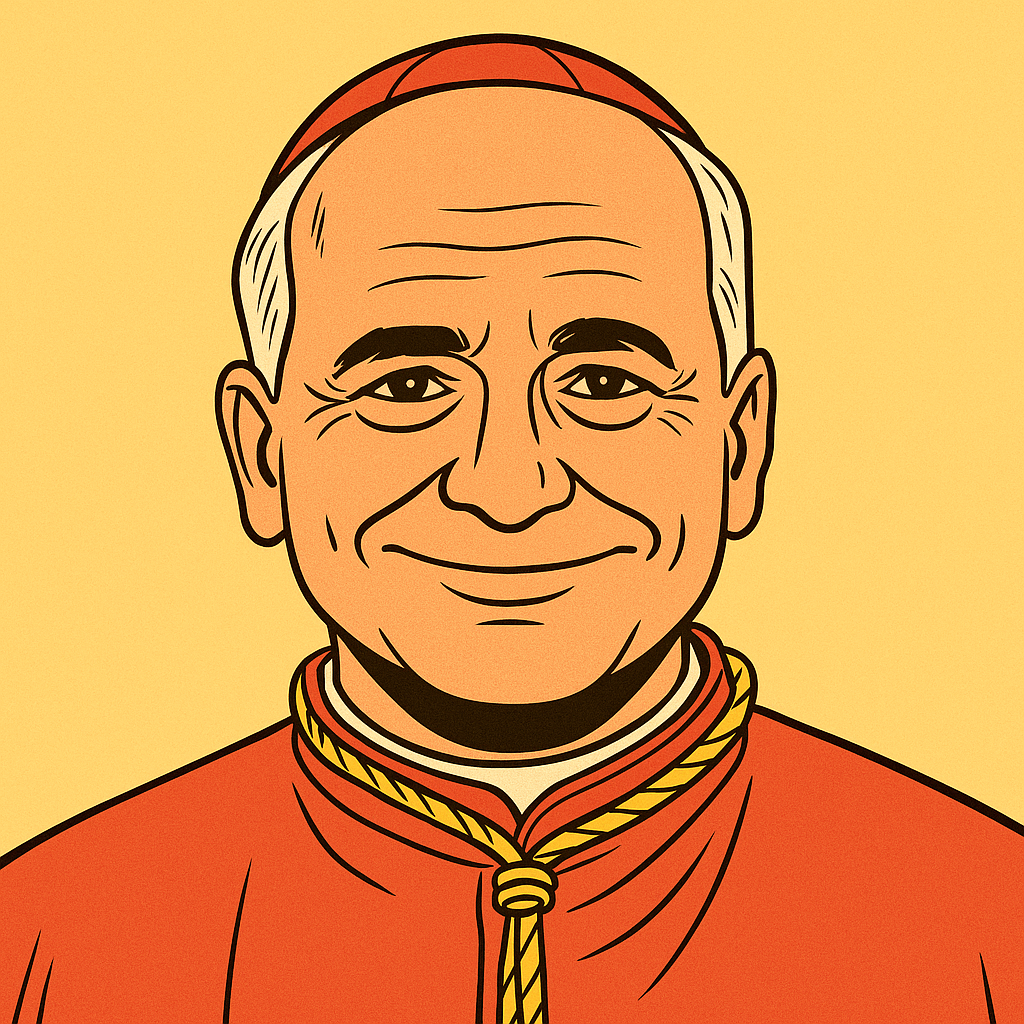
United States
age: 70
American cardinal, Prefect of the Dicastery for Bishops, Augustinian, known for his missionary experience in Latin America and his balanced approach between tradition and openness.
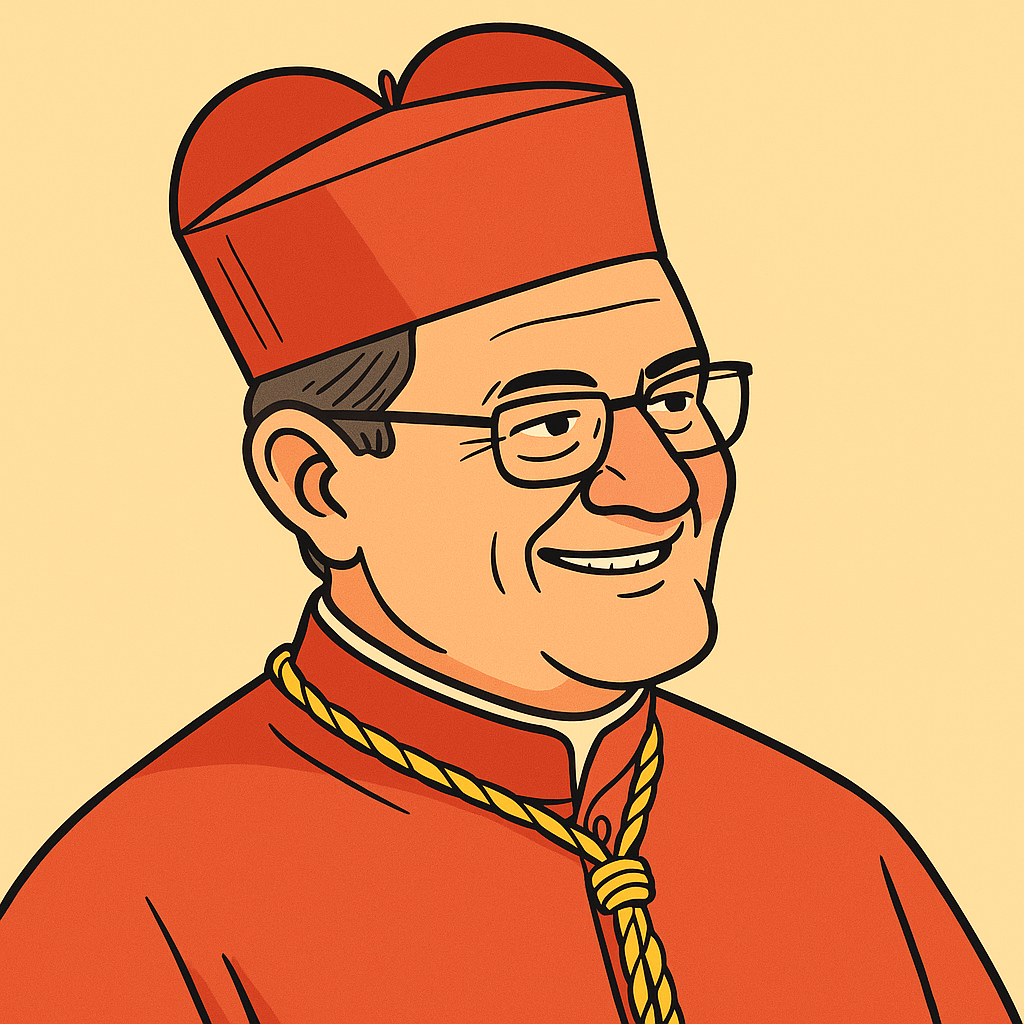
Ecuador
age: 70
Ecuadorian cardinal, Archbishop of Guayaquil, Franciscan, known for his pastoral work in popular communities and his fidelity to the traditional teachings of the Church.
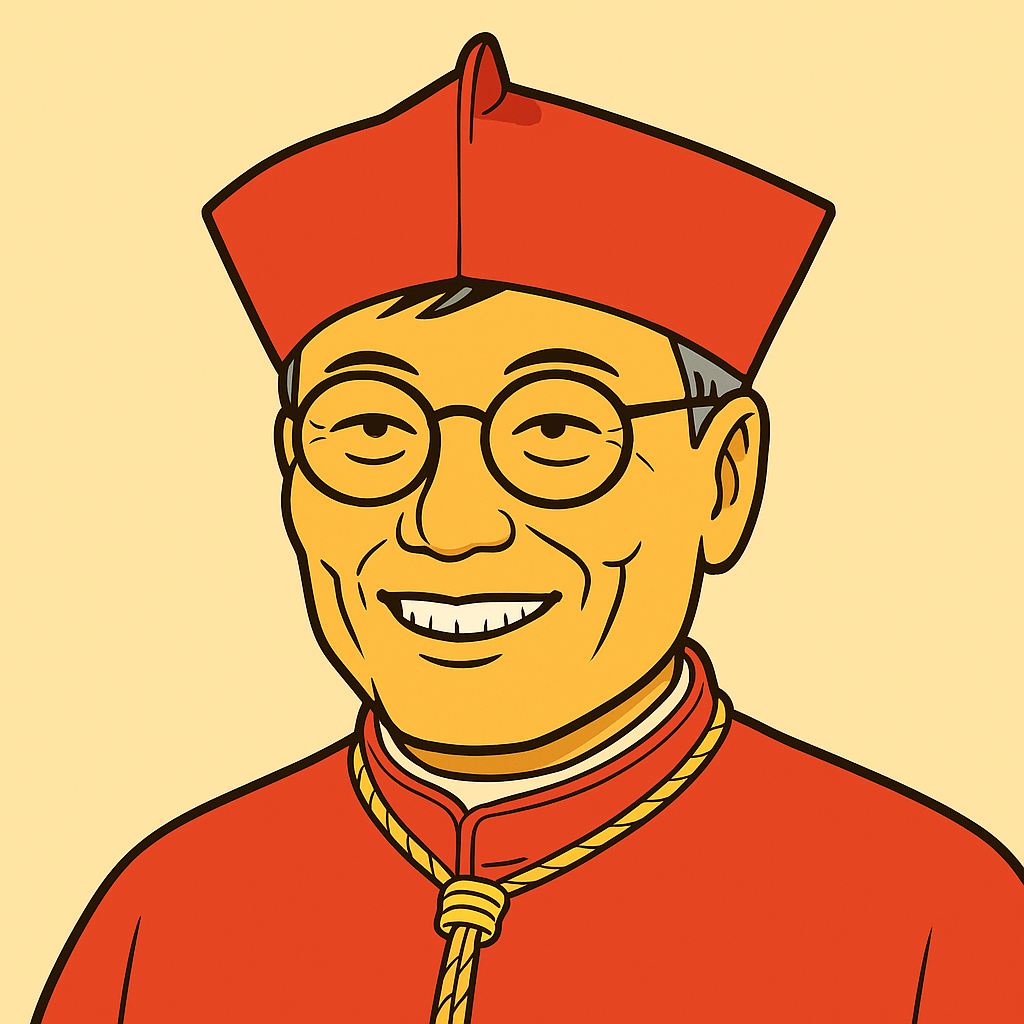
Hong Kong
Chinese cardinal, Bishop of Hong Kong, Jesuit, known for his prudent diplomatic navigation between Beijing and the Vatican, and his intellectual and open pastoral approach in a complex political context.
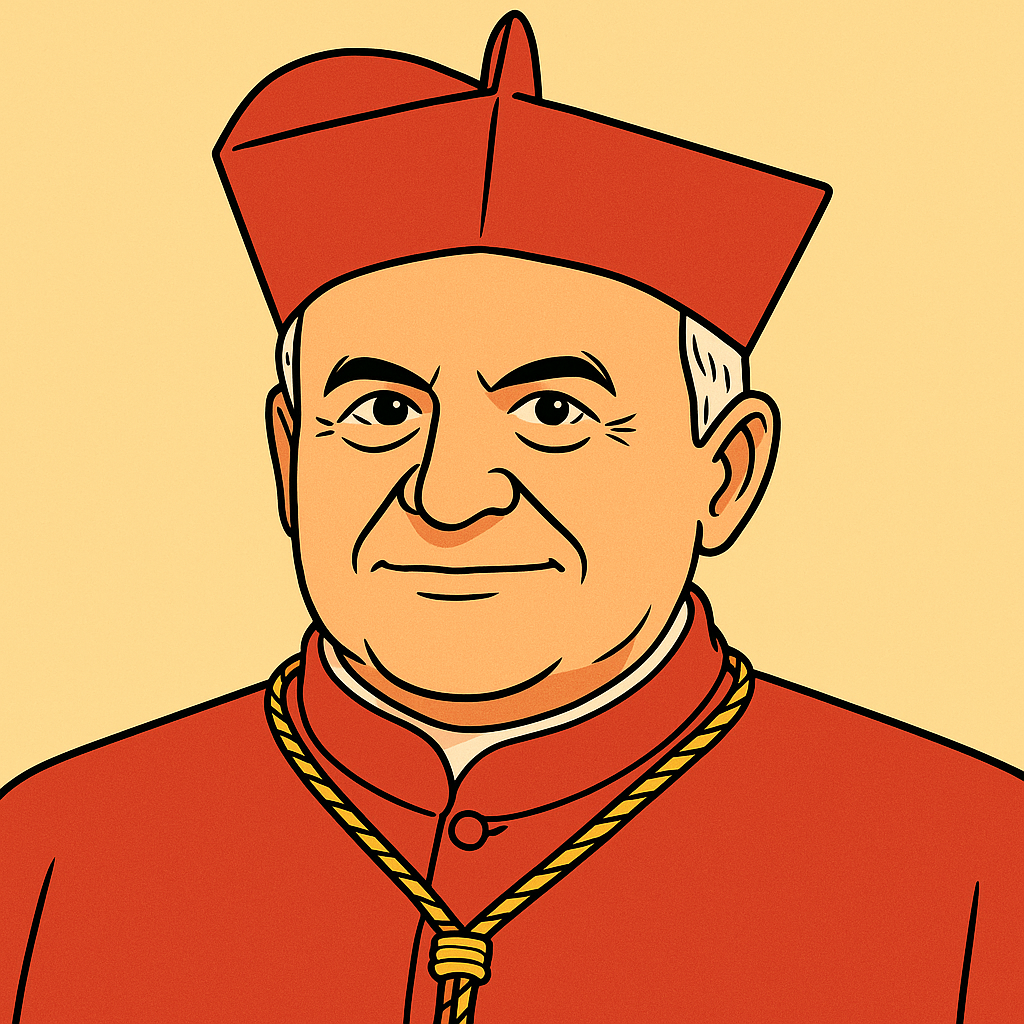
Serbia
Serbian cardinal, Archbishop of Belgrade, known for his pastoral work in a predominantly Orthodox context and his commitment to ecumenical dialogue in the Balkans.
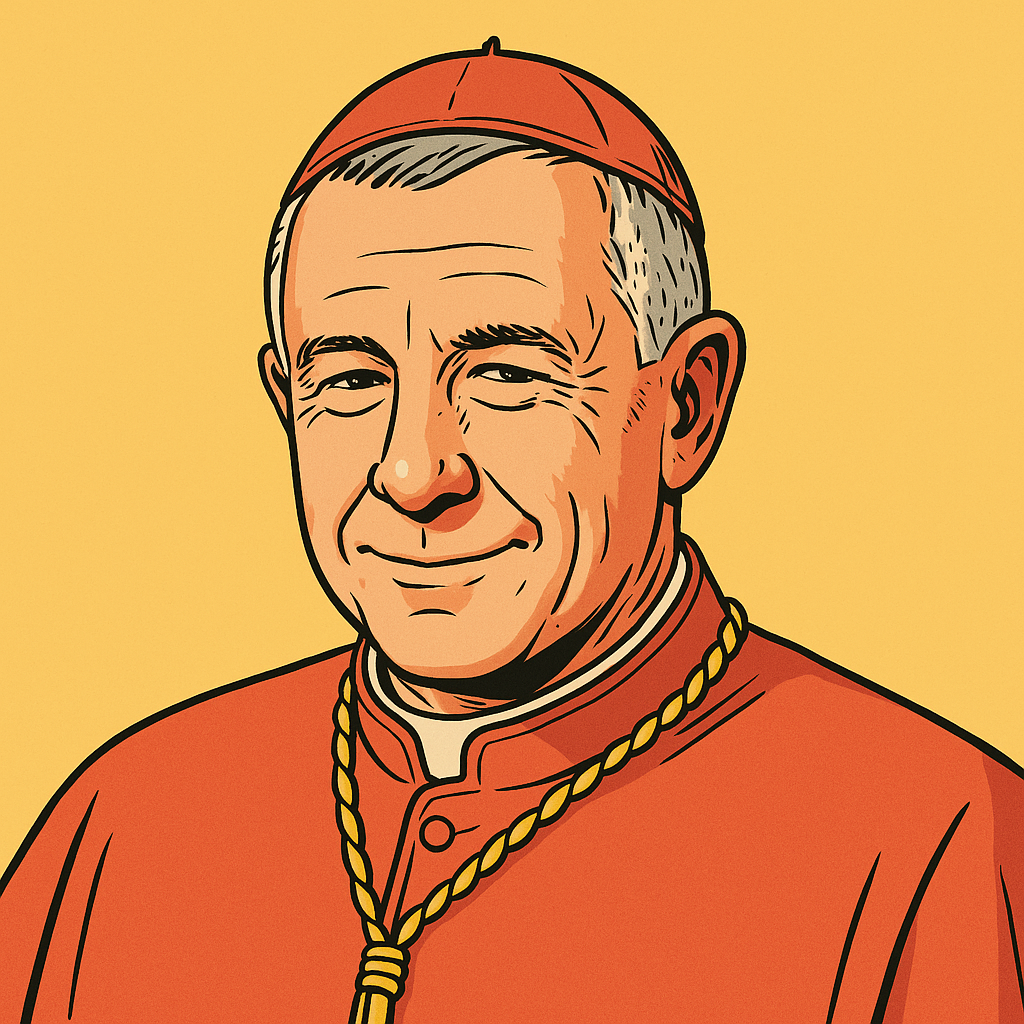
New Zealand
New Zealand cardinal, Archbishop of Wellington, known for his moderate pastoral approach and openness to dialogue, while maintaining balance with traditional teachings.
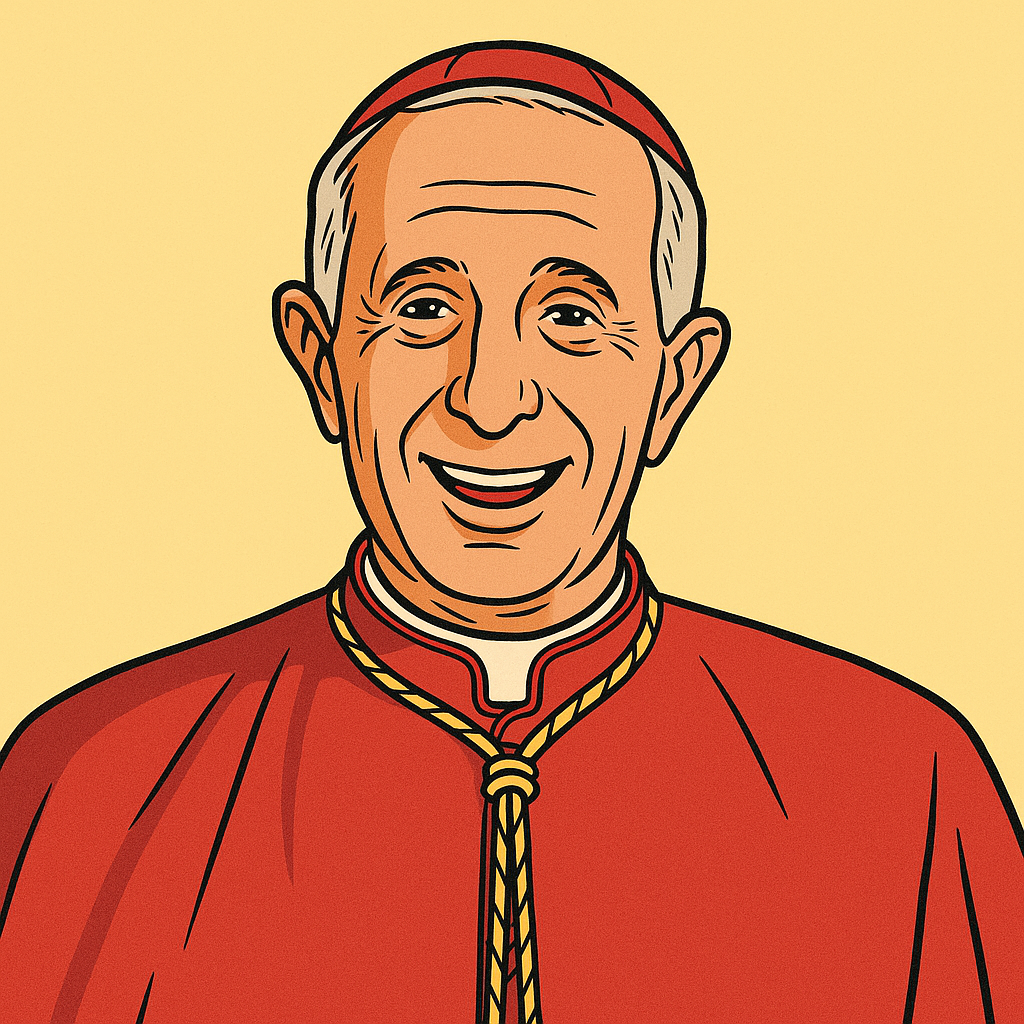
Argentina
Argentine cardinal, Archbishop Emeritus of Buenos Aires, successor of Pope Francis in this diocese, known for his discreet profile and balanced administration between tradition and renewal.

Switzerland
Swiss cardinal, president of the Dicastery for Promoting Christian Unity, known for his theological expertise and ecumenical commitment, with a moderately conservative doctrinal position.
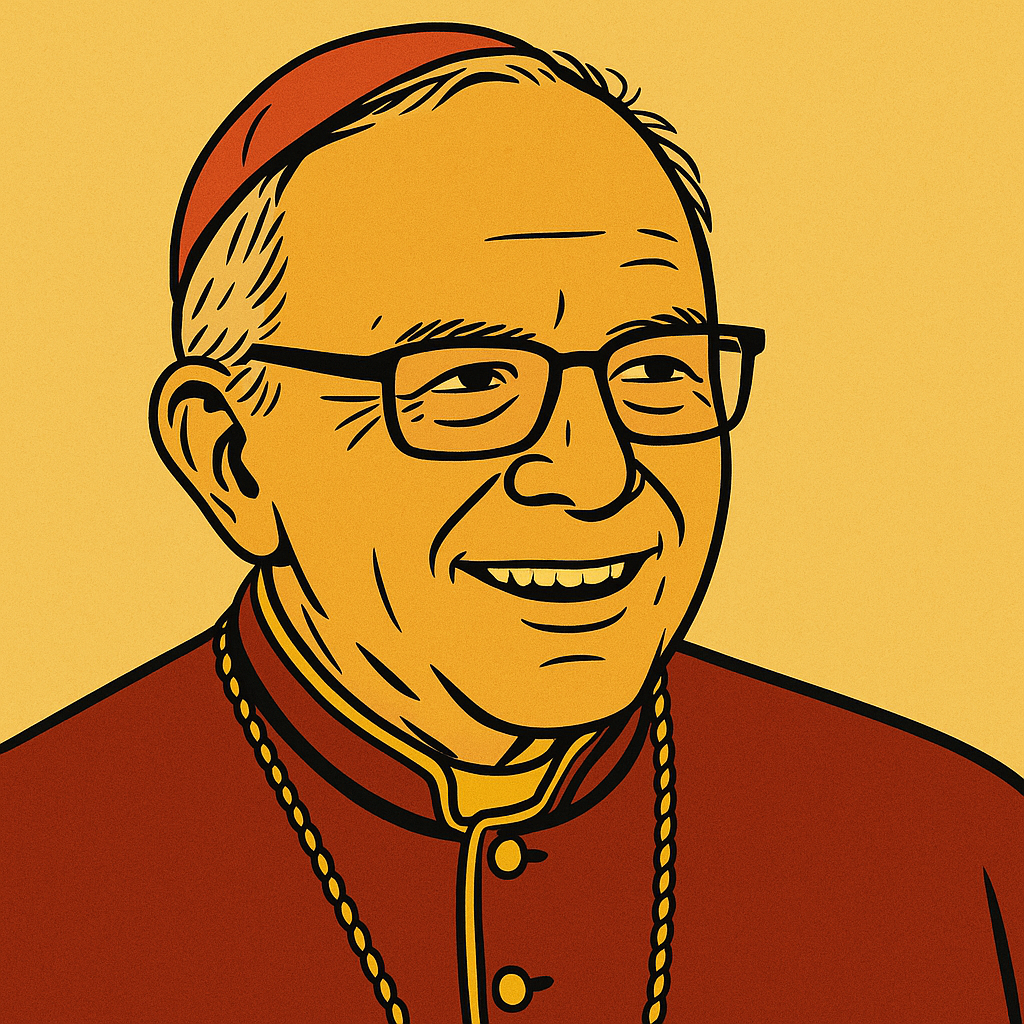
Portugal
Portuguese cardinal, Patriarch Emeritus of Lisbon, known for his balanced leadership and pastoral vision that respects tradition while dialoguing with contemporary society.
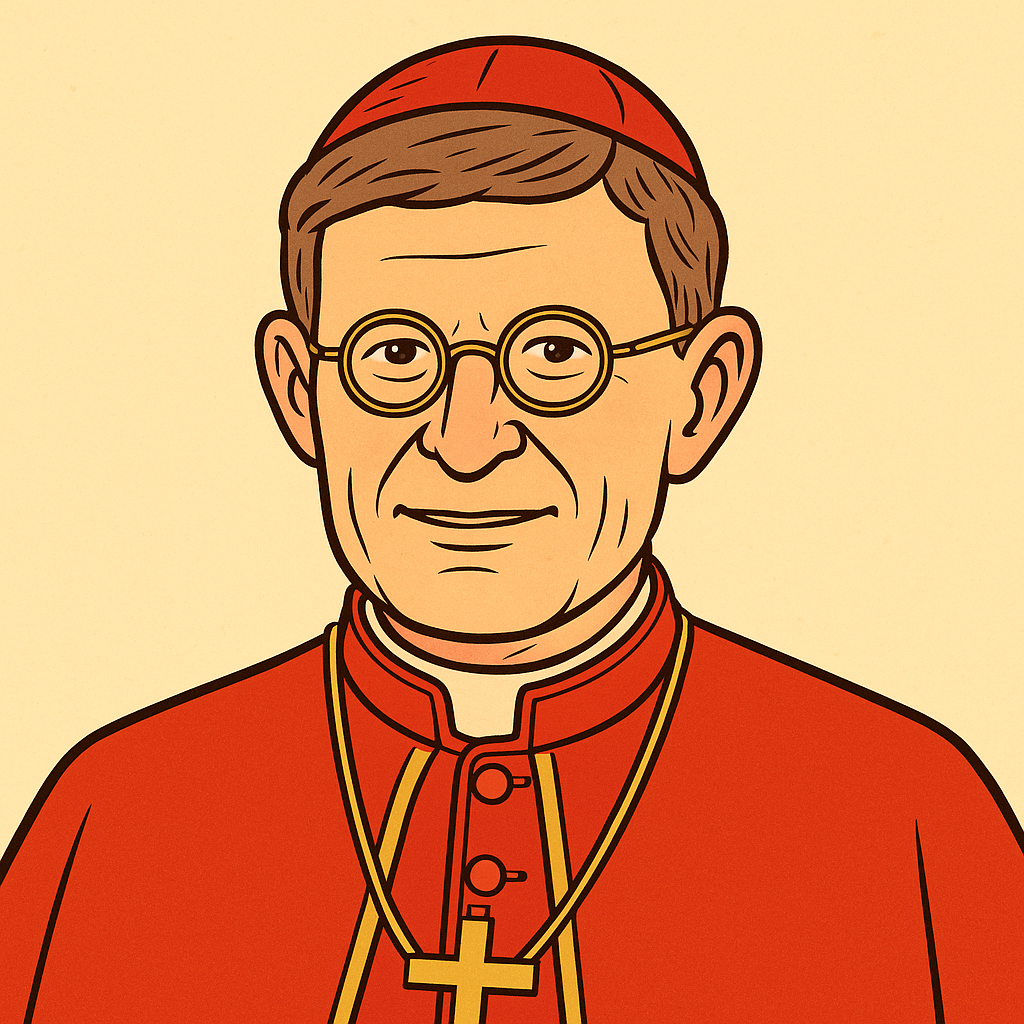
Germany
German cardinal, Archbishop of Cologne, known for his conservative positions and controversial leadership, particularly in handling sexual abuse and his opposition to certain reforms.
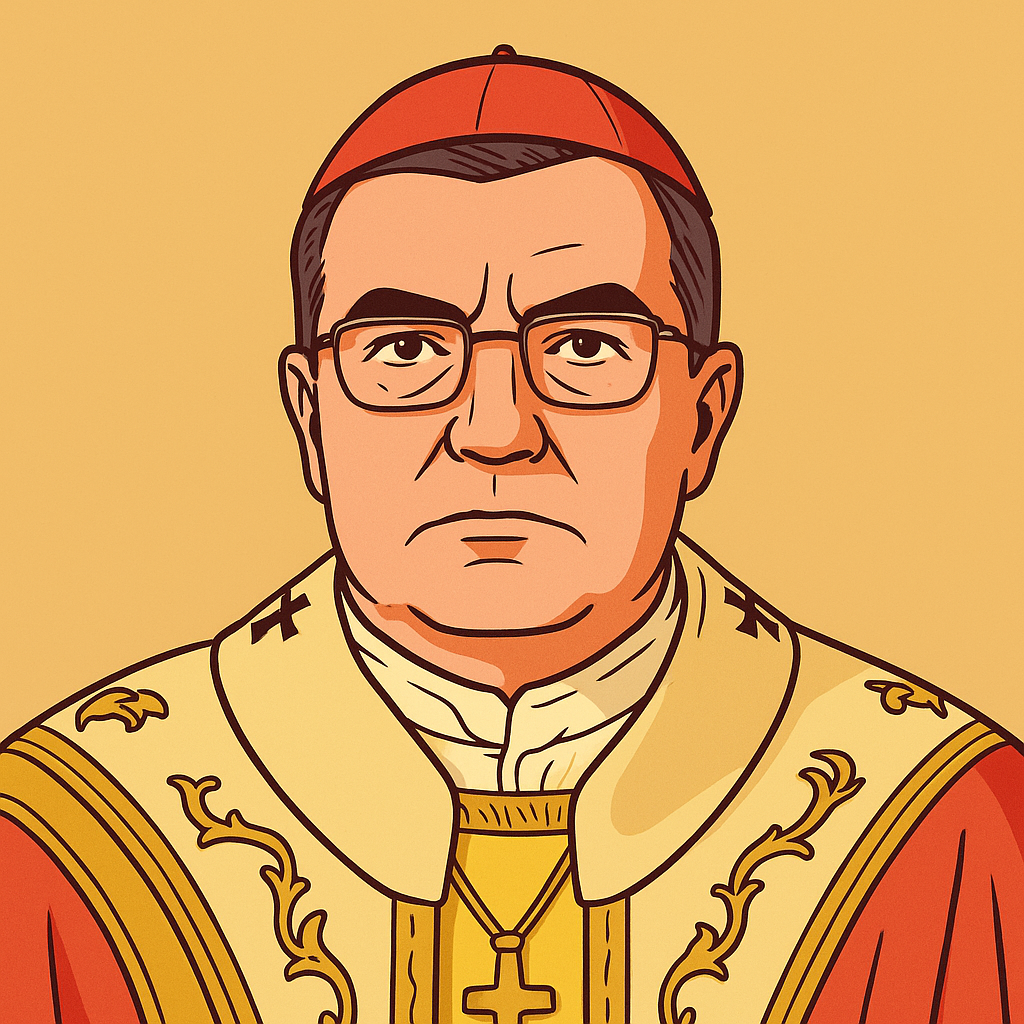
Croatia
Croatian cardinal, Archbishop of Zagreb, known for his conservative positions on moral issues and his commitment to traditional values in a post-communist context.
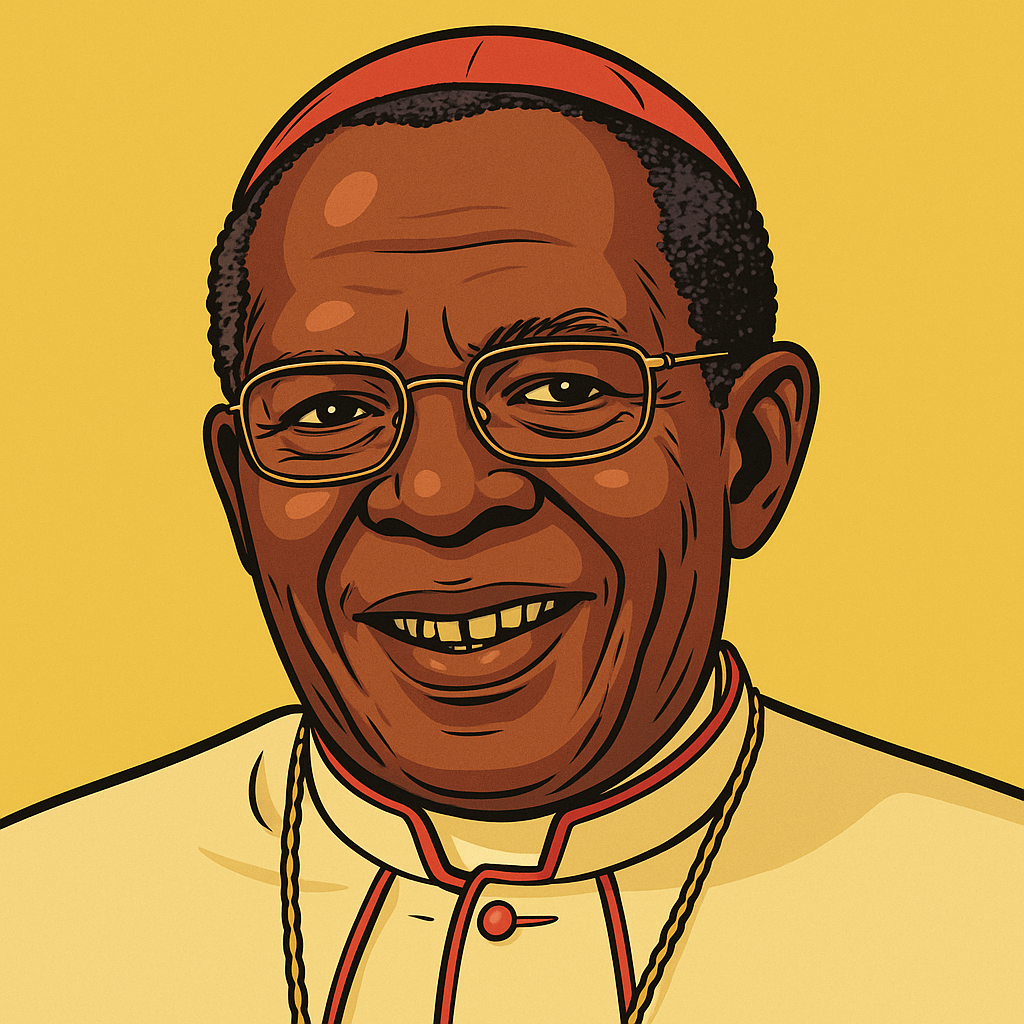
Kenya
Kenyan cardinal, Archbishop Emeritus of Nairobi, known for his conservative positions on moral issues and his leadership in the growing African Church.
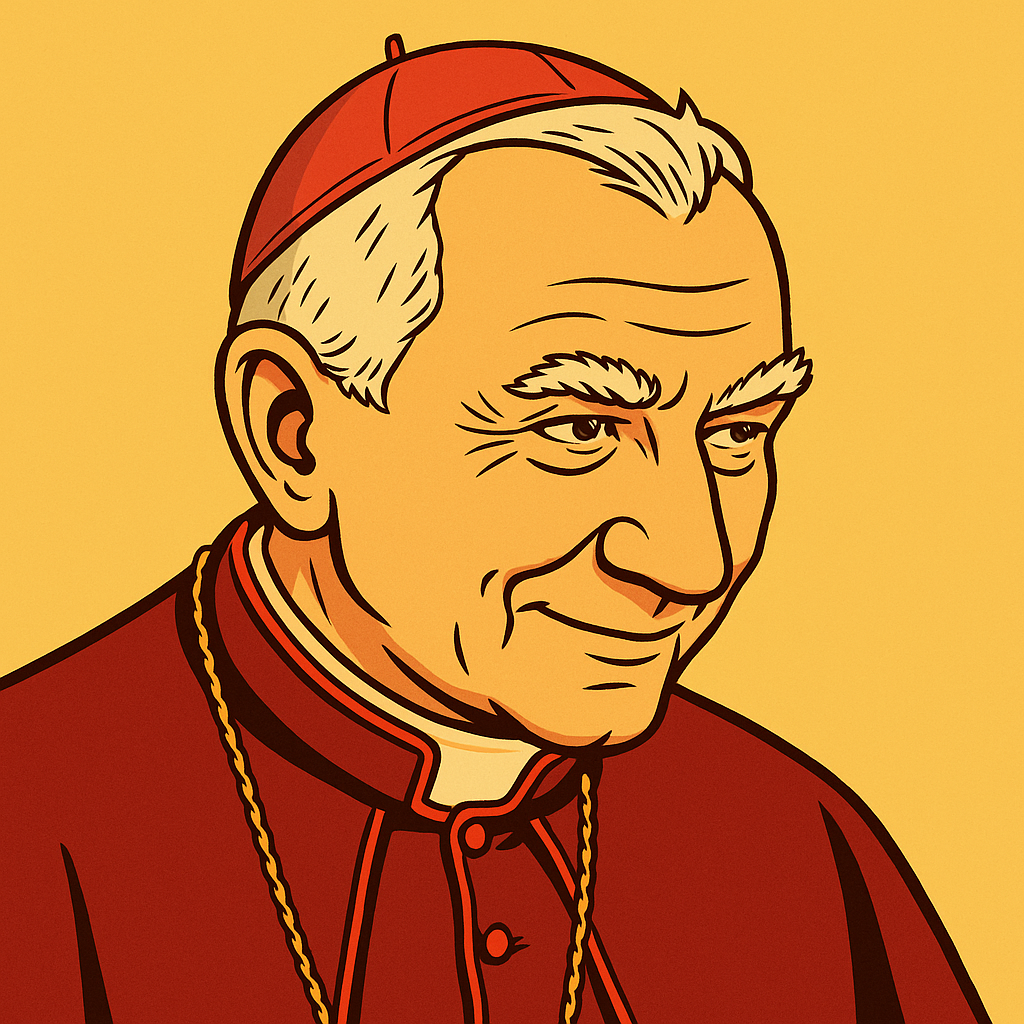
Italy
Italian cardinal, Secretary of State of the Holy See, experienced diplomat, known for his moderation and expertise in international relations, while maintaining balance with traditional doctrine.

Ecuador
Ecuadorian cardinal, Archbishop of Guayaquil, Franciscan, known for his pastoral work in popular communities and his fidelity to the traditional teachings of the Church.

Rwanda
Rwandan cardinal, the first from his country, who lost his family during the genocide, known for his work on national reconciliation and his attachment to traditional doctrine.
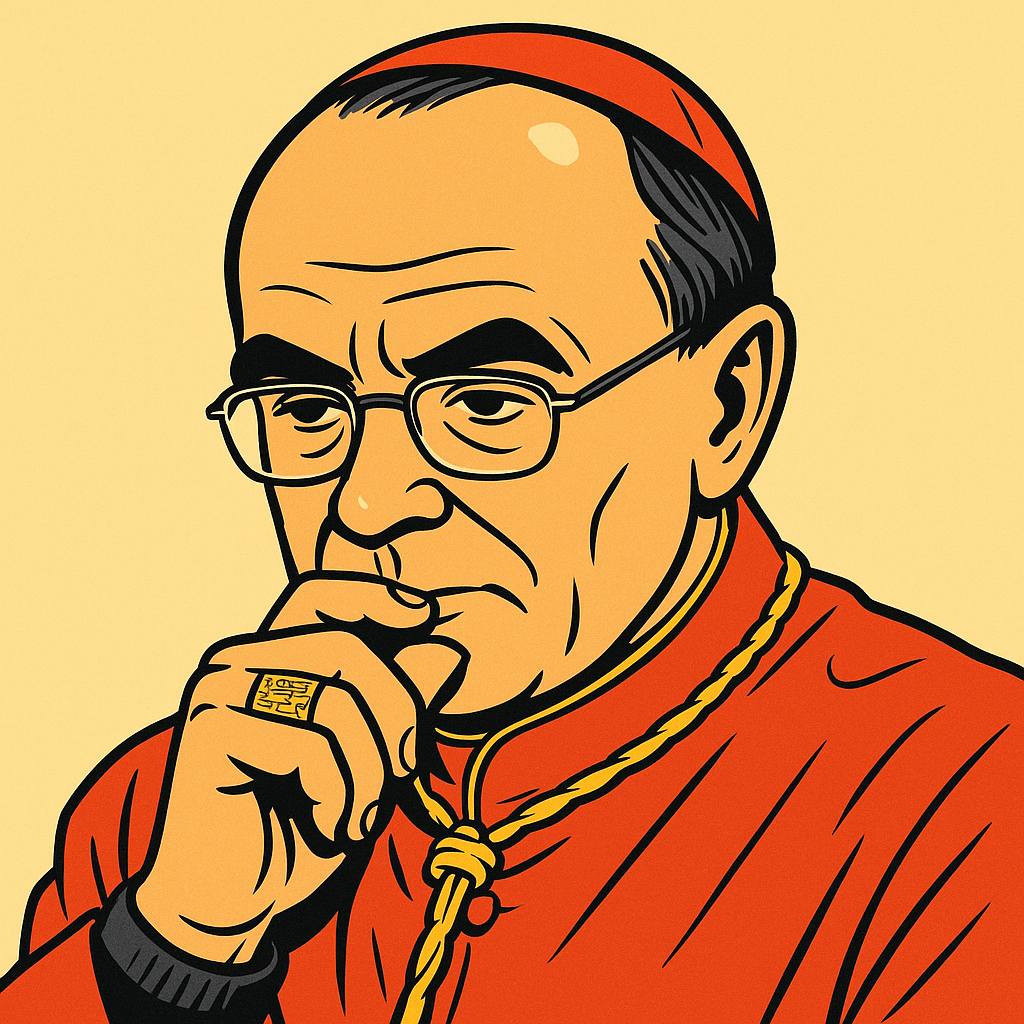
France
French cardinal, Archbishop Emeritus of Lyon, known for his missionary dynamism but whose career has been marked by controversy over the handling of sexual abuse in his diocese.

Kenya
Kenyan cardinal, Archbishop Emeritus of Nairobi, known for his conservative positions on moral issues and his leadership in the growing African Church.

Italy
Italian cardinal, Archbishop of Florence, known for his conservative doctrinal positions and intellectual work, while remaining engaged in pastoral dialogue.
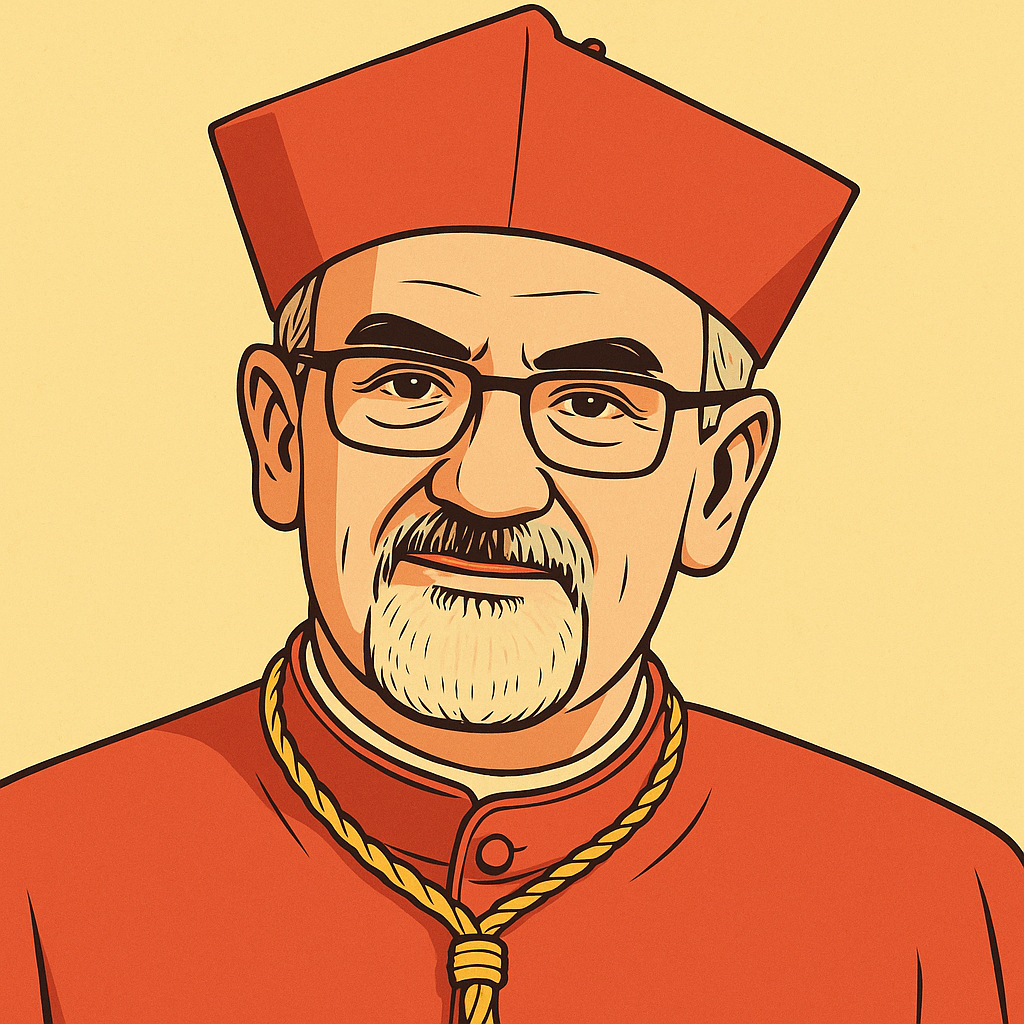
Israel
Italian cardinal, Latin Patriarch of Jerusalem, Franciscan, known for his expertise on the Middle East and his balanced leadership in a context of political and religious tensions.

Kenya
Kenyan cardinal, Archbishop Emeritus of Nairobi, known for his conservative positions on moral issues and his leadership in the growing African Church.

Italy
Italian cardinal, Archbishop of Florence, known for his conservative doctrinal positions and intellectual work, while remaining engaged in pastoral dialogue.